Special Feature
Elusiveness of an egalitarian society: Poverty and inequality in Nigeria, by Abayomi Odunowo
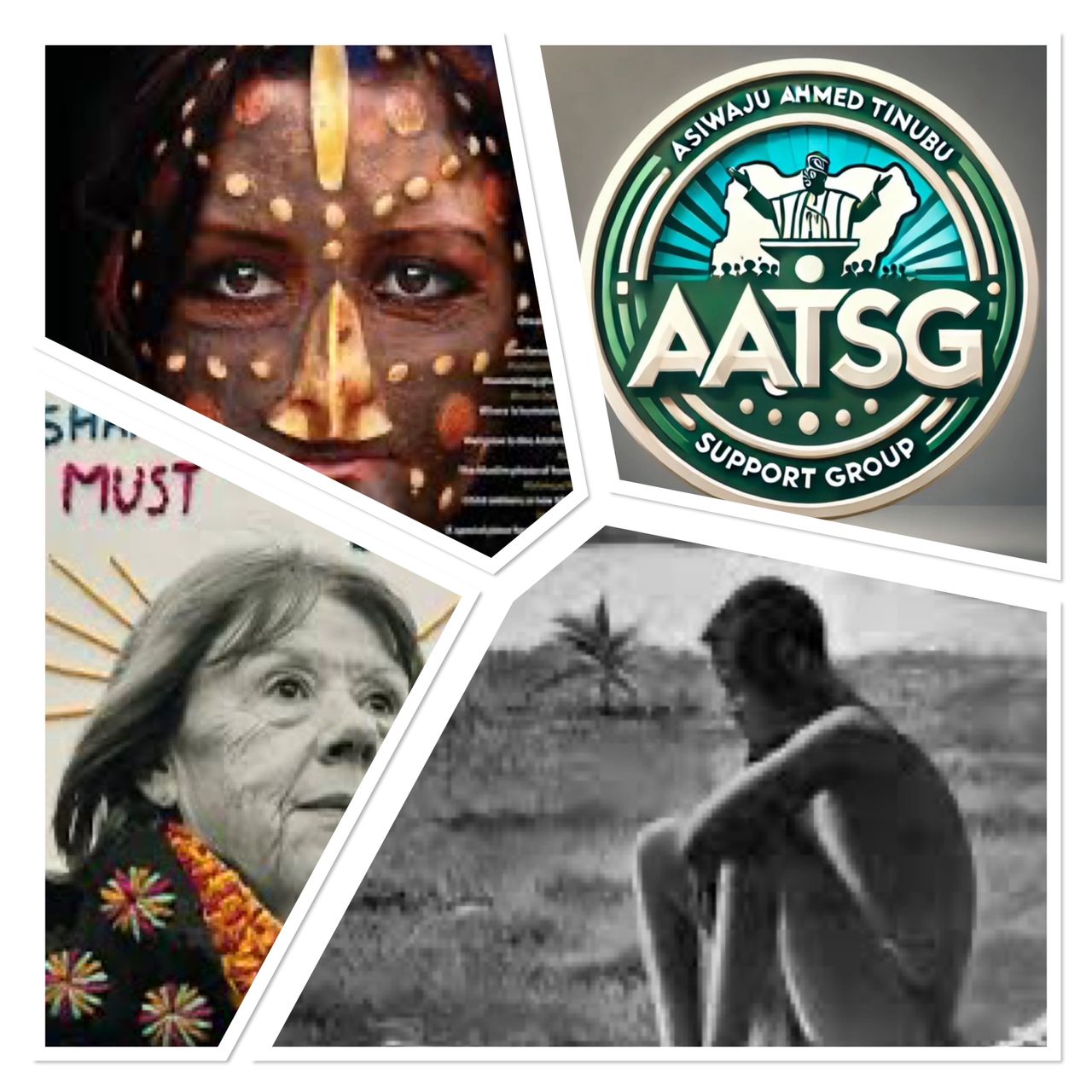
In a world that champions equality and human rights, the prospect of belonging to an egalitarian society appears ever more distant, particularly in Nigeria. This West African nation, despite its wealth of resources, has long grappled with the scourge of poverty and inequality. The stark and unsettling reality is that since its independence in the early 1960s, Nigeria has battled an entrenched system where economic power is concentrated in the hands of a privileged few, leaving nearly half of its population in the throes of poverty. According to the latest report from the National Bureau of Statistics, approximately 40% of Nigerians—about 83 million people—live below the poverty line, illustrating the paradox of a nation rich in resources but deprived of equitable wealth distribution.
This disparity is starkly represented when examining income distribution, particularly through data released by the National Survey of Household Living Conditions (ENIGH). The figures reveal that the income ratio between the highest decile and the lowest decile is a staggering 65 to 1, even without considering social program transfers. In simpler terms, the wealthiest ten percent of the population earn 65 times more than their lowest counterparts. Such a glaring inequity underscores the growing chasm between the affluent and the underprivileged, further entrenching the socio-economic divides within Nigerian society. The situation beckons a critical examination: how can the ideals of equity and opportunity be reconciled with the current reality?
The structural inequality prevalent in Nigeria creates a largely hostile environment for those hailing from disadvantaged backgrounds. Access to essential services such as quality education, healthcare, and employment continues to elude a significant segment of the population. In many regions, especially those disadvantaged by systemic neglect, educational facilities are under-resourced, teachers underpaid, and the curriculum often irrelevant to the needs of a modern economy. Consequently, students from less-favored households face monumental barriers in their pursuit of knowledge, stifling their aspirations and limiting their potential for upward mobility.
Moreover, this disillusionment extends beyond education; the labor market reveals an equally grim picture. Employment opportunities are typically reserved for those connected to the elite, creating a cycle of exclusion that persists across generations. When individuals are born into poverty, their chances of escaping it gradually diminish, further propagating a cycle of inequality that the nation seems unable to break. The pursuit of jobs often leads to frustration and desperation, with many resorting to informal sectors that offer minimal security and stability.
Healthcare, too, reflects the inequalities deeply rooted within Nigeria. The nation faces a myriad of health challenges, from infectious diseases to maternal and child health issues. Those at the bottom of the economic ladder often struggle to access even basic healthcare services, while the elite benefit from private healthcare facilities that provide a stark contrast in quality and efficiency. This imbalance not only endangers the life chances of millions but also affects the overall health of the nation.
Historically, studies on poverty utilized a descriptive approach, focusing predominantly on observation and measurement. However, the time has come for a paradigm shift toward understanding the underlying causes and crafting solutions that address systemic inequities head-on. Policymakers must move beyond mere assessments of poverty and instead prioritize inclusive developmental strategies that empower the disadvantaged. This includes fair taxation systems, investment in social programs, and bolstering education that is accessible and relevant.
The urgency of the situation cannot be overstated; without substantial reforms aimed at eradicating inequality, the future of Nigeria may remain mired in the struggles of a divided society. Investing in human capital, improving healthcare access, and ensuring equitable distribution of resources will pave the way towards achieving genuine progress and social cohesion.
In essence, the vision of an egalitarian society seems increasingly elusive in Nigeria. Poverty and inequality have woven themselves into the very fabric of the nation, posing formidable challenges that require immediate attention and action. Addressing these disparities isn’t merely a matter of ethical responsibility; it is imperative for national stability and progress. Only through concerted efforts to dismantle the structures of inequity can Nigeria hope to aspire to the ideals of justice and equality for all its citizens. The time for change is now; the future depends on it.
-
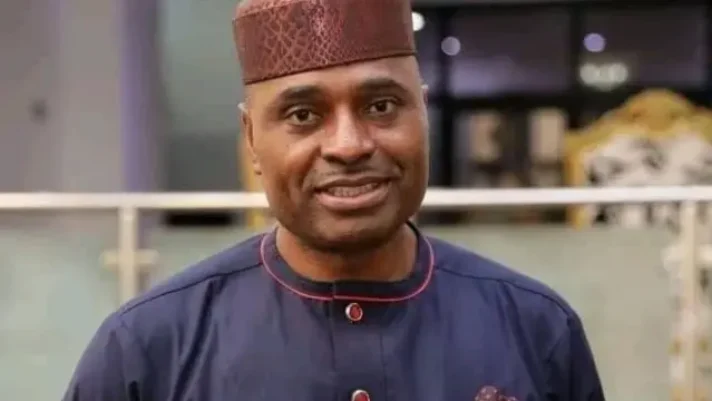
 National News2 days ago
National News2 days agoNo one can praise Tinubu’s government without sounding foolish – Kenneth Okonkwo
-
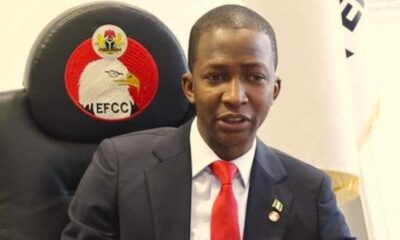
 National News2 days ago
National News2 days agoEx-EFCC chairman Abdulrasheed Bawa unveils explosive book on Nigeria’s fuel subsidy fraud
-

 Entertainment2 days ago
Entertainment2 days agoPopular Nollywood actress opens up on separation from husband
-

 Metro News2 days ago
Metro News2 days agoBauchi man to present Sallah ram to Tinubu in Lagos after failed attempt
-
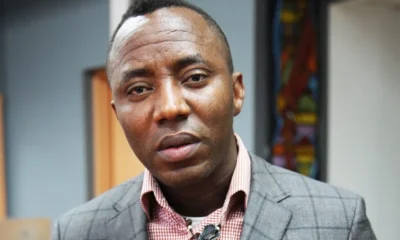
 Politics2 days ago
Politics2 days ago2027: Sowore expresses concern over coalition to unseat Tinubu
-

 Entertainment2 days ago
Entertainment2 days agoStop calling my daughter ‘Duduke’ – Simi tells fans
-
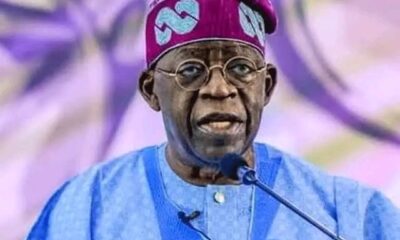
 National News2 days ago
National News2 days agoTinubu confers CFR national honour on Bill Gates
-
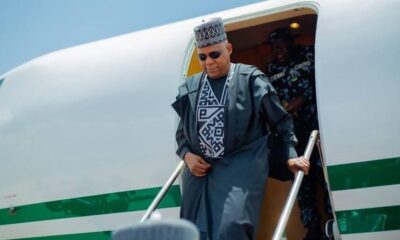
 National News2 days ago
National News2 days agoBreaking: Shettima storms Mokwa as death toll rises





















